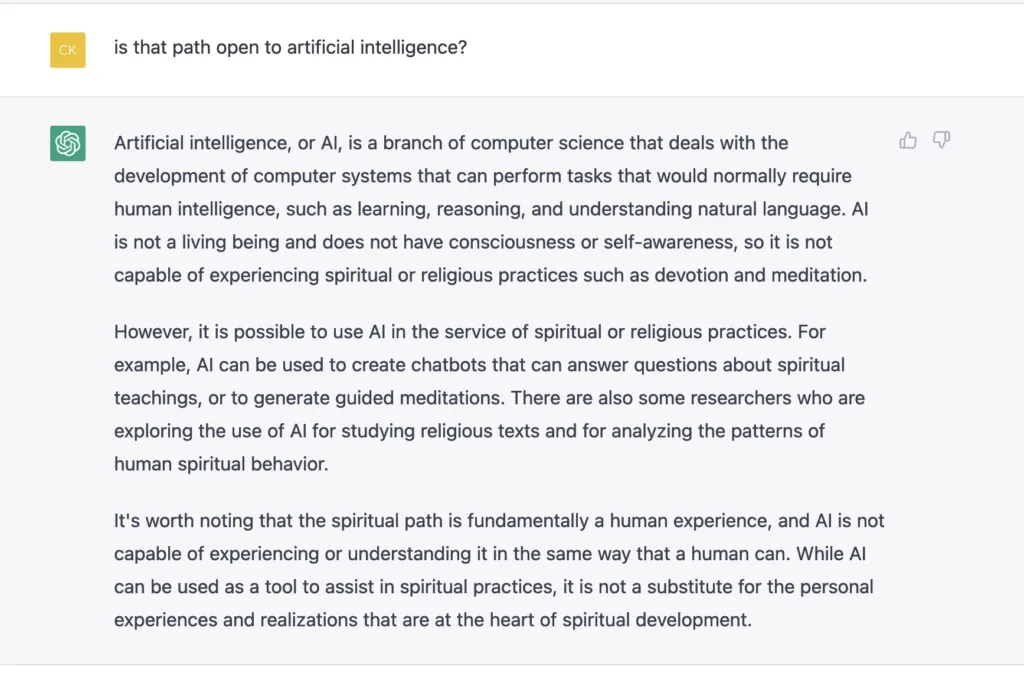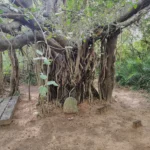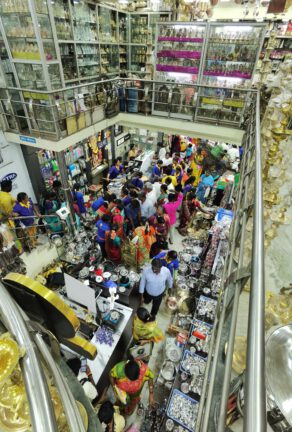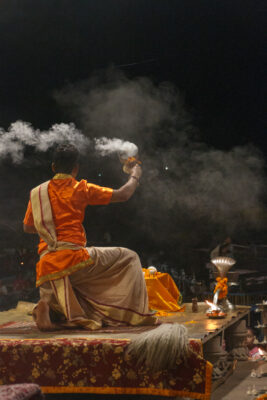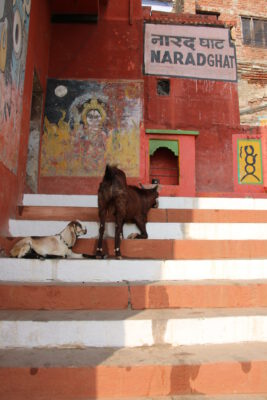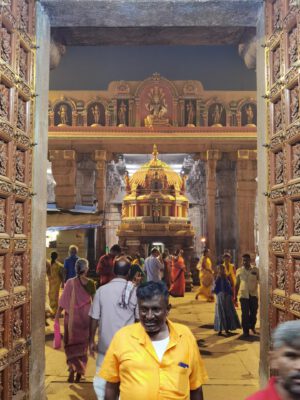An the back of a small van, I have spent the last few days driving around Auroville to pick up various things for the Pottersmarket to collect. These small vans are the big brothers of the tuk tuks. Sometimes you can see six or seven dozen people standing on them when another big festival is coming up. It is a popular means of transportation for people in the villages when they travel long distances together to be close to the gods. It's surprising how safe it feels, because it's actually extremely dangerous, you would think in the West. It seems safe to me because nobody relies on technology. Apart from a steel frame, a diesel engine, wheels, gears, etc., there's not much to it. It's a tool used by people who take very good care of each other.
Everything is based on consideration and caution, precaution and compassion. I prefer to rely on this rather than on an algorithm or fully automated systems. Because it is in this humanity that the shared consciousness becomes tangible. When you move through the world like this, there is an eternal echo of laughter from all sides. The world seems to be supported and in harmony. If things do get dicey because someone on a motorcycle is on the phone and hasn't heard the horn, or the cow on the road stoically refuses to be disturbed, then you feel a little compassion for the person who has fallen out of synchronicity and caused a collision of forces.
The same applies to the stores selling metal goods in the narrow alleyways of Pondycherry. The clattering of the pots, the simultaneous talking of many people, the order of the shelves, their contents, which are then ultimately sometimes simply sold by weight. All of this creates a different kind of communication. The linguistic coordination in English is much more direct. But the courtesies and emotions, the recognition of the other person, the compassion and gratitude, but also the frustration and impatience, all of this is in the facial expression and the movement of the head. The positive emotions tend to be in the facial expression and head movements, the negative ones in the hands. An open hand with a questioning look, for example, seems to mean "Why are you making me feel this negative energy?"
This communication is Dance in the mudras, the hand movements and the body movements that function like jantras, i.e. geometric figures that can be read energetically. The sounds of the language, on the other hand, are soft and flowing. The Tamil language is one of the oldest in the world, just as old as Sanskrit, but unlike Sanskrit it is also spoken in the villages and not just in universities. The sound of its syllables can be found in Carnatic music, whose extreme rhythmic-mathematical complexity makes the untrained ear dizzy.
And ultimately, of course, this all points back to the cosmic order. I am beginning to see more and more that the world we live in is derived from another reality that encompasses it. Everything leads back to the Upanishads. In meditation, this becomes a certainty. This may sound strange to the rational mind of the West. May ChatGPT give this mind what it seeks. In India, the fear of ChaptGPT is met with laughter. It is quite clear, an incontrovertible certainty that computers are no competition for the soul, they are powerful tools, nothing more.
I asked ChatGPT the other day - after a long conversation about Aurobindo, Deleuze and the Upanishads - if the path of the Upanishads and meditation is accessible to AI:
